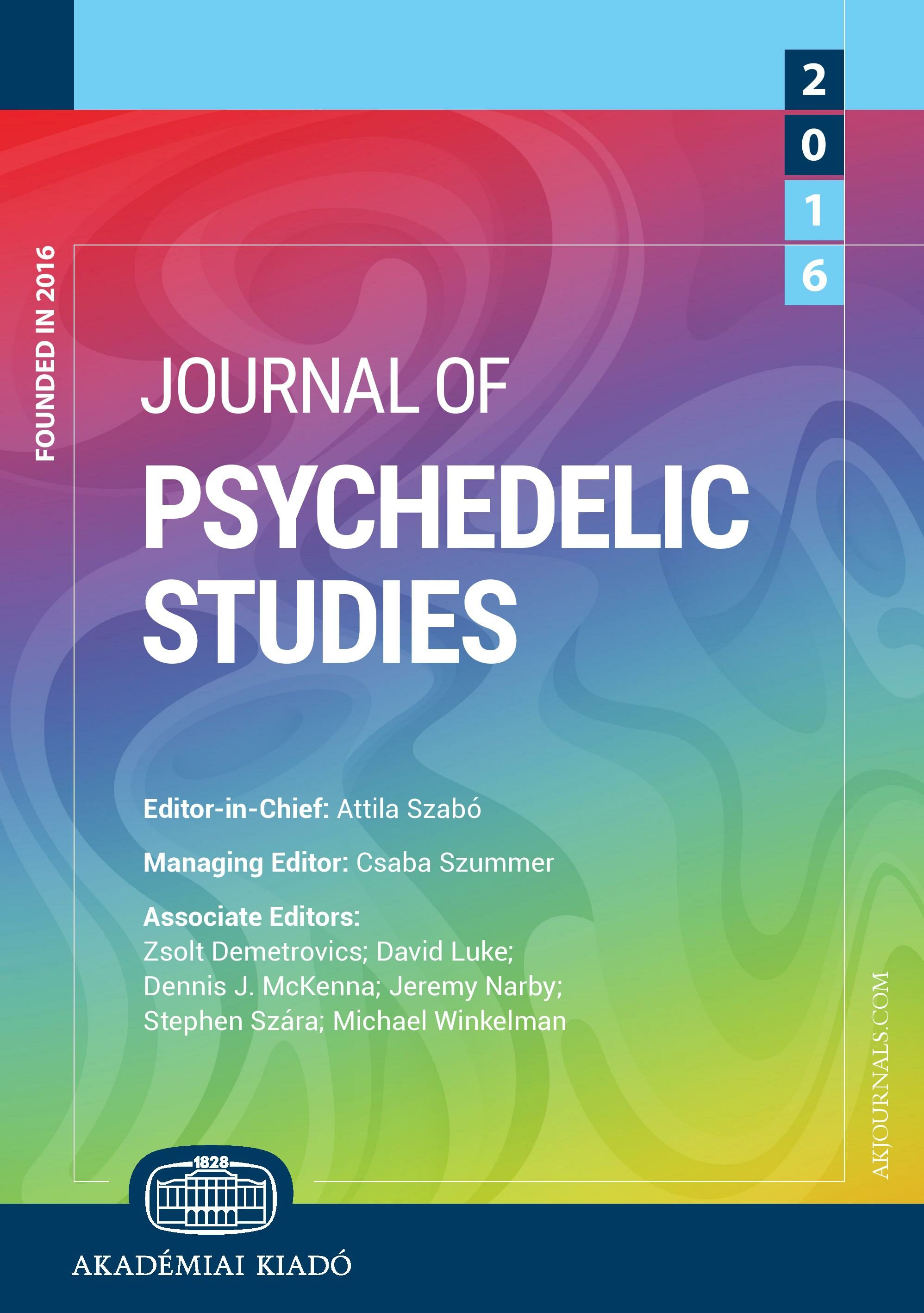Abstract
Background and Aims
While many scholars have called attention to similarities between the earlier SSRI hype and the ongoing hype for psychedelic medications, the rhetoric of psychedelic hype is tinged with utopian and esoteric aspirations that have no parallel in the discourse surrounding SSRIs or other antidepressants. This utopian discourse provides insight into the ways that global tech elites are instrumentalizing both psychedelics and artificial intelligence (AI) as tools in a broader world-building project that justifies increasing material inequality. If realized, this project would undermine the use of both tools for prosocial and pro-environmental outcomes.
Methods
My argument develops through rhetorical analysis of the ways that industry leaders envision the future of medicalized psychedelics in their public communications. I draw on examples from media interviews, blog posts, podcasts, and press releases to underscore the persuasive strategies and ideological commitments that are driving the movement to transform psychedelics into pharmaceutical medications.
Results
Counterfactual efforts to improve mental health by increasing inequality are widespread in the psychedelics industry. These efforts have been propelled by an elitist worldview that is widely-held in Silicon Valley. The backbone of this worldview is the TESCREAL bundle of ideologies, which describes an interrelated cluster of belief systems: transhumanism, Extropianism, singularitarianism, cosmism, Rationalism, Effective Altruism, and longtermism.
Conclusions
This article demonstrates that TESCREALism is a driving force in major segments of the psychedelic pharmaceutical industry, where it is influencing the design of extractive systems that directly contradict the field's world-healing aspirations. These findings contribute to a developing subfield of critical psychedelic studies, which interrogates the political and economic implications of psychedelic medicalization.
 ·1 year ago
·1 year ago


